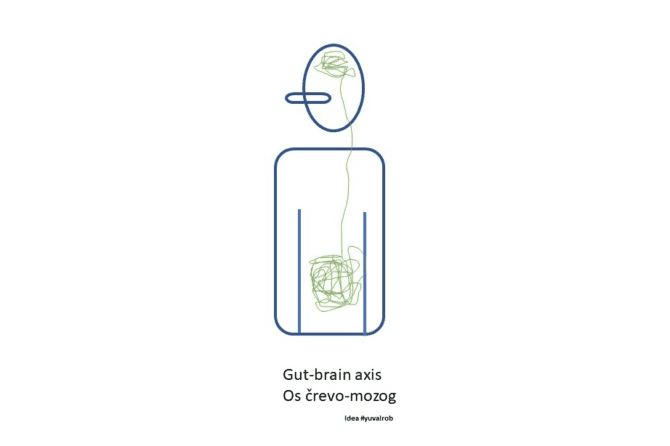

Sex-specific microbiome and gene interactions in the pathogenesis of behavioral and gastrointestinal symptoms in the animal model of autism spectrum disorder (APVV-20-0114)
Principal investigator: Doc. MUDr. Aleksandra Tomova, PhD.
Annotation
Autism spectrum disorder (ASD) is a complex of neurodevelopmental conditions with increasing incidence. Genetic background of ASD explains its development partially, suggesting the contribution of environmental factors, as gut microbiota. Recent research indicates microbiota-gut-brain axis is involved in pathogenesis of neurodevelopmental disorders and modulates many aspects of behavior.
Except behavioral, children with ASD frequently have gastrointestinal (GI) manifestations, suggesting the gut microbiota involvement. Changes in the gut microbiota composition in children with ASD are documented and they correlate with behavioral and GI manifestations. Disturbed microbiota impacts intestinal permeability and causes low degree of intestinal inflammation, possible cause of GI complains. Children with ASD have also more frequently the unusual feeding behaviors, as food selectivity. We have found food selectivity was associated with the gut microbiota. On the other side bacterial metabolites are involved in the control of food intake. Other important aspect is that males are more frequently diagnosed with ASD. It has been established, that there is a gender-specificity of gut microbiota, gender-specificity in food intake habits and, finally gender-specificity of behaviour.
Thus, increasing evidence supports “three-hit” ASD etiology hypothesis, including genetic load, gender specificity and environmental factor as microbiota, and this project aims to investigate their interconnection in ASD development. Using fecal microbiota transplantation from children with ASD and neurotypical controls of both genders into male and female mice with/without ASD genetic background, we will study the influence of sex-specific gut microbiota and genes impact on behavioral, GI manifestations and on the character of food intake regulation. Following correction of gut microbiota with probiotics and FMT from neurotypical controls would prove the perspective of this interventions for ASD.


